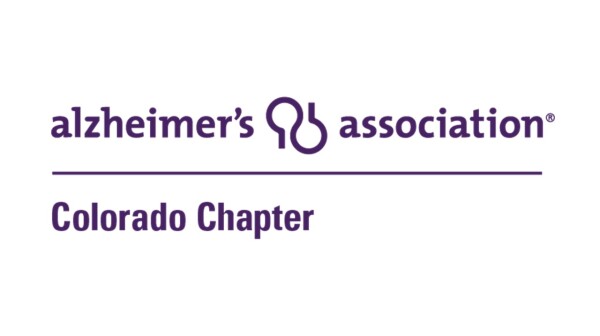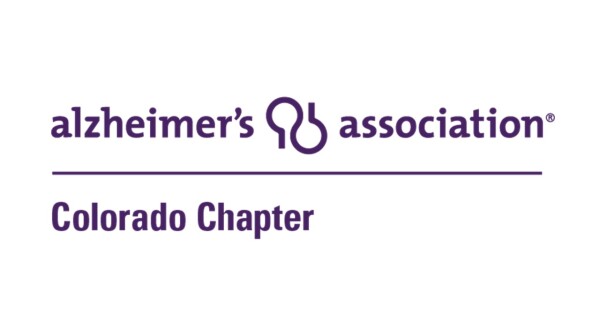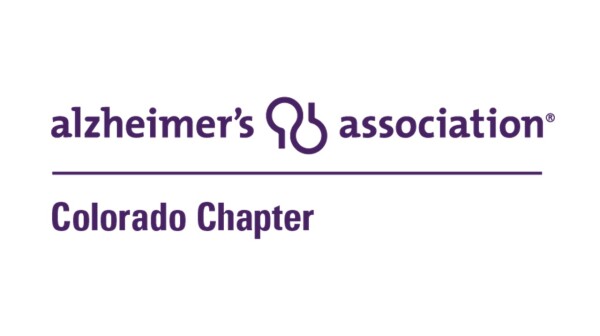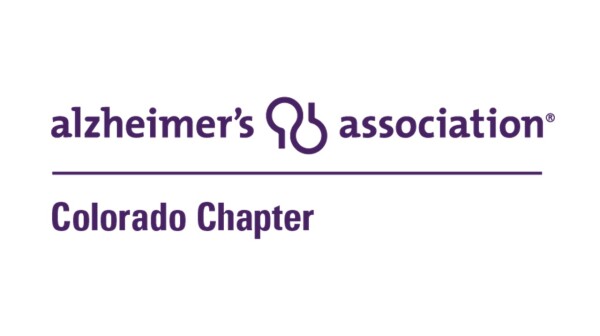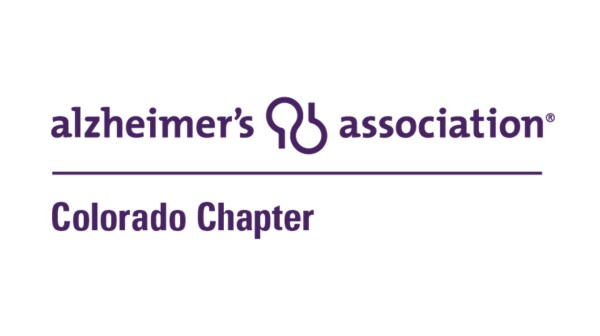AARP Eye Center
CLOSE ×
Search
Popular Searches


AARP MEMBERSHIP - Limited Time Offer
Memorial Day Sale! Join AARP for just $11 per year with a 5-year membership Join now and get a FREE gift. Expires 6/4 Get instant access to members-only products, hundreds of discounts, a free second membership, and a subscription to AARP the Magazine.
- right_container
- Health
- Money
- Work & Jobs
- Advocacy
- Social Security
- Medicare
- Caregiving
- Games
- Travel
- More...
- Entertainment & Style
- Family & Relationships
- Personal Tech
- Home & Living
- Auto
- Staying Sharp
- Podcasts
- Videos
Roughly once every minute, someone in the United States develops Alzheimer’s disease. And roughly once every minute, family members and loved ones are overcome with stress and sadness upon hearing the news. In that confusion and the urgency to understand the short- and long-term implications, families frequently overlook the critical consideration of financial planning.
January is Financial Wellness Month, an annual reminder to pay attention to our financial well-being. For too many Americans, this reminder goes unheeded as we progress toward retirement.
Welcome to AARP Colorado’s Creative Art for Brain Health Initiative!
November is a time to publicly honor the millions of Americans who perform a very private and selfless act: caring for more than 6 million people in the U.S. living with Alzheimer’s disease.
For most people, the end of Daylight Savings Time on Sunday, Nov. 7, means an extra hour of sleep. But for people living with Alzheimer’s disease and other forms of dementia, it may accelerate the disorientation that comes with “sundowning” that can last through the winter months.
Join the Denver Public Library every Tuesday in November during National Family Caregivers Month
Tattered Cover presents a live stream event about "Caregiving In A New World" with Host, Bob Murphy, State Director at AARP-CO in conversation with Wendy Benson and Beth Myers, of 2x2 Health and co-authors of The Confident Patient on June 21 at 2:00 pm.
Contact: Jim Herlihy, Marketing & Communications Director (720) 699-9286 or jherlihy@alz.org
As if COVID-19 isn’t scary enough, data from the Centers for Disease Control and Prevention (CDC) is telling us what many family caregivers for people living with Alzheimer’s disease already know: the social isolation that the coronavirus requires is having a detrimental impact on our loved ones living with dementia. It’s a statistic they call “deaths above average.”
Jim Herlihy, Senior Marketing & Communications Director
Search AARP Colorado
Connecting you to what matters most, like neighbors do. Find events, volunteer opportunities and more near you.
Sign Up & Stay Connected






























































